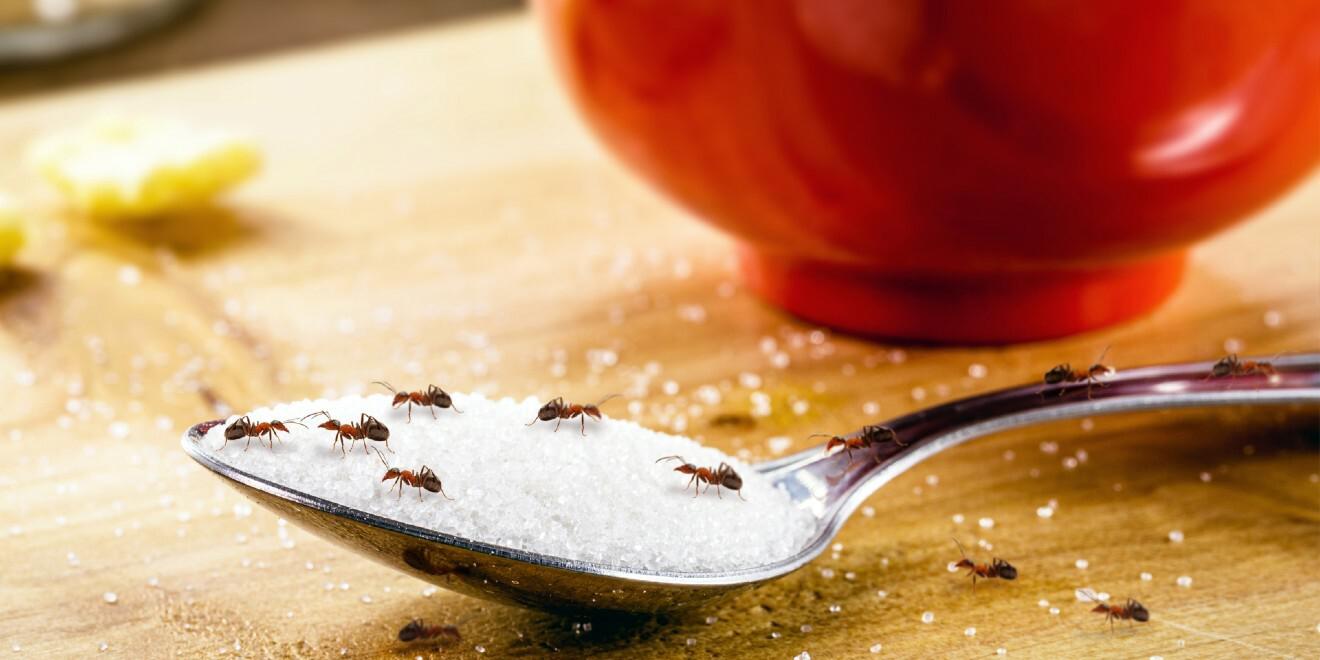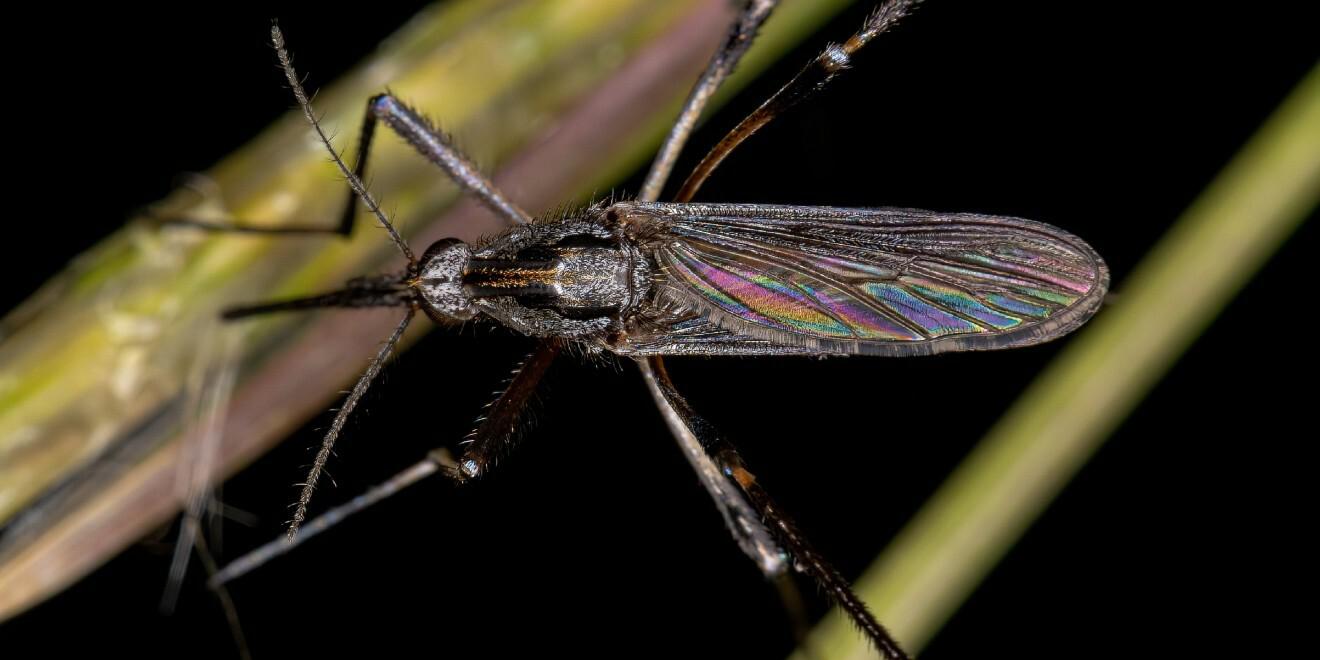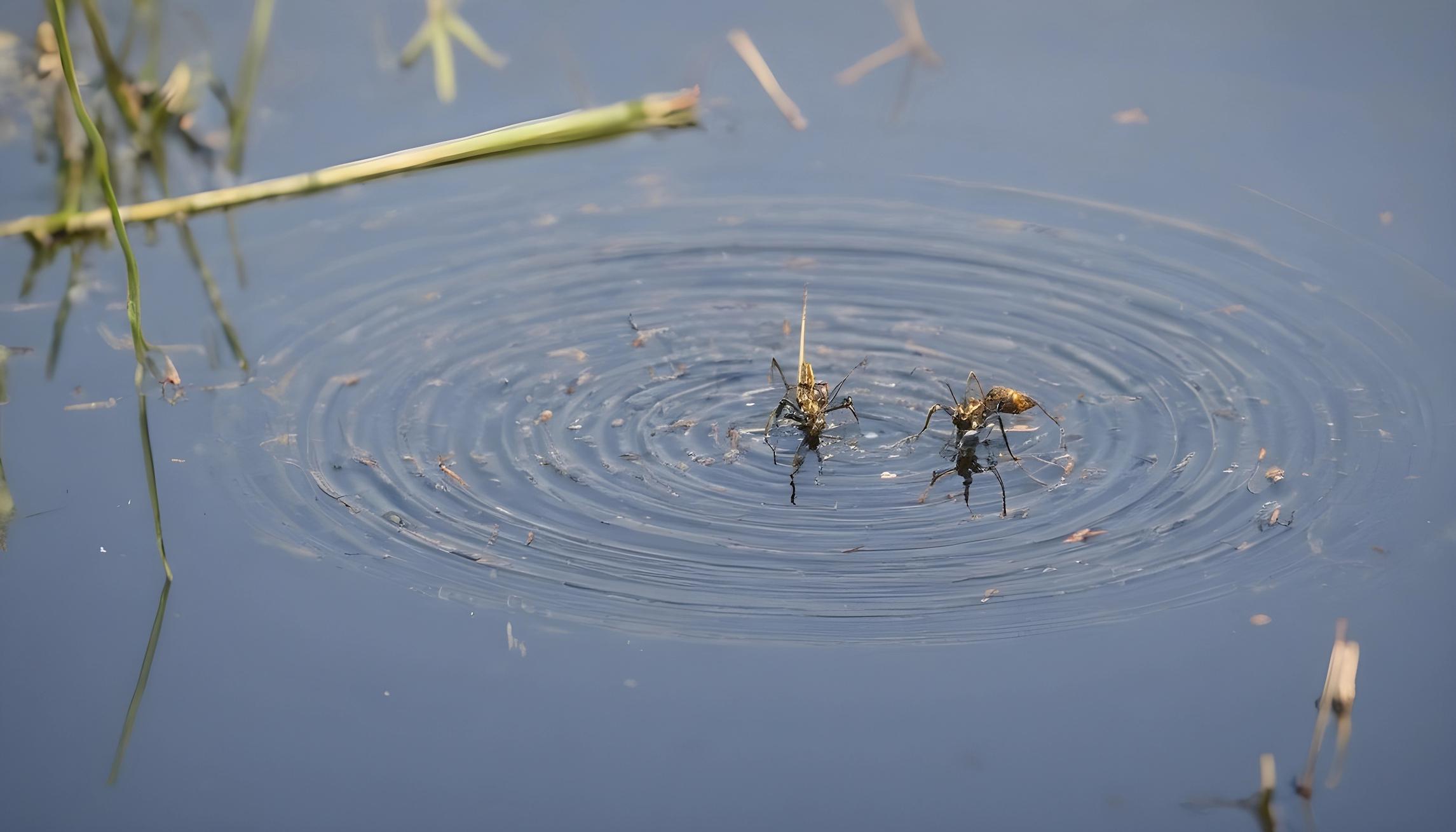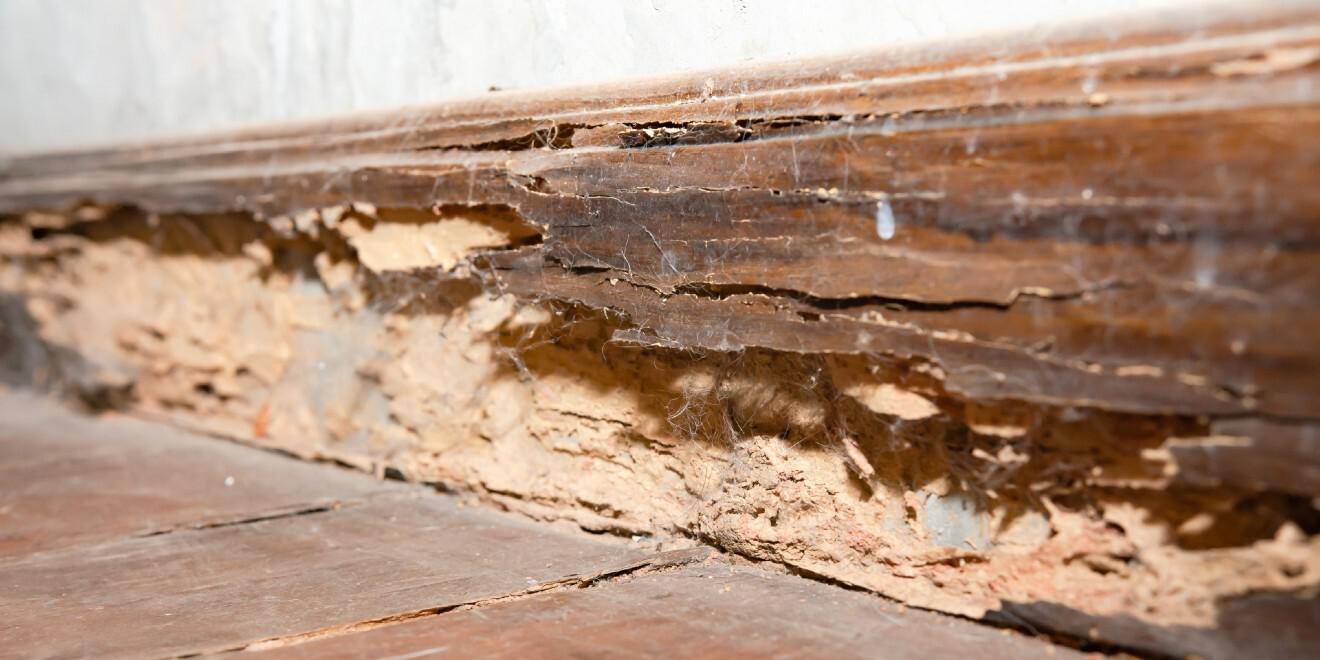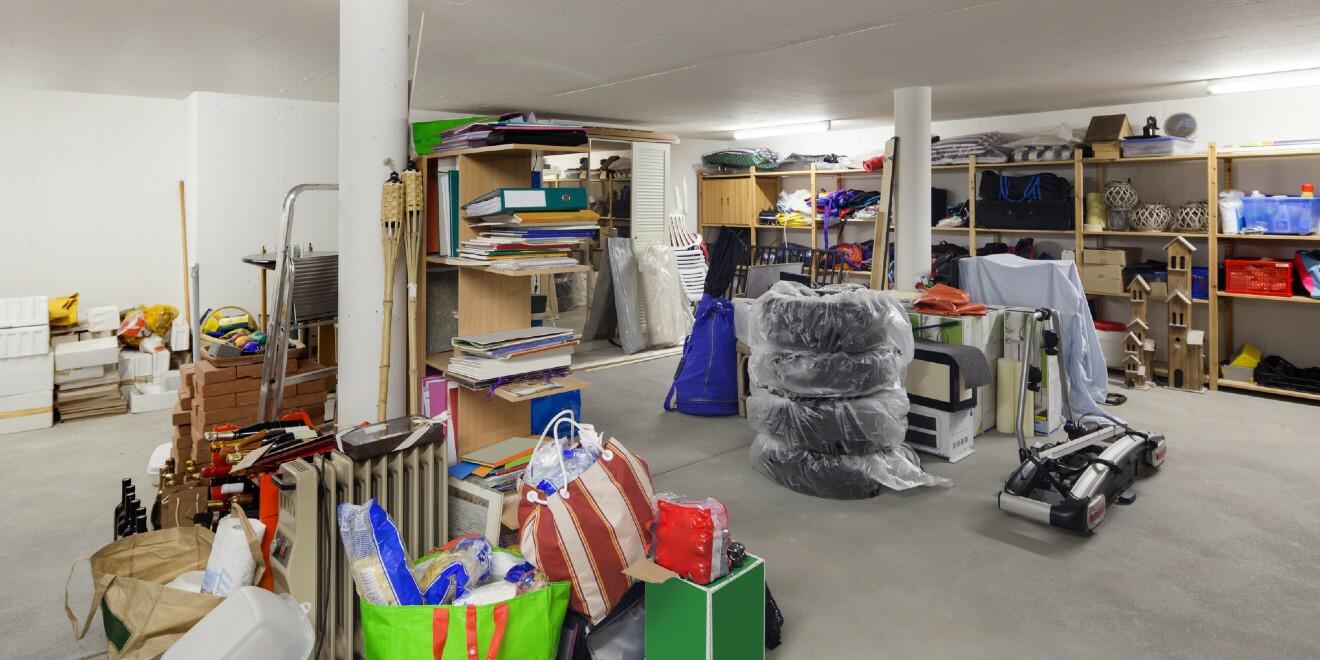MOSQUITO SQUAD: TREATING FOR MOSQUITOES AND TICKS WHILE PROTECTING BEES
Posted by Mosquito Squad
June 4, 2018
At Mosquito Squad we have always been acutely aware of our accountability when it comes to protecting the invaluable bee population. Our certified technicians have a strict process of avoiding misting open blooms and avoiding bee swarms. We never go to a property and just blanket it with our barrier treatment. We always take careful consideration and pay astute attention to the property’s unique qualities.
This year we have decided to take our dedication to bee preservation one step further by becoming beekeepers ourselves. We own a total of eight hives, two are right here at our offices. And all of them are on properties that are successfully treated by us for mosquitoes and ticks.
Being beekeepers allows us to learn everything we can possibly learn about bees and their habits to further protect them while treating for ticks and mosquitoes.
MOSQUITO SQUAD BEEKEEPERS
The two hives here at the office have already been invaluable for additional training for our technicians. We all now understand how delicate bees can be. With natural dangers such as cold weather, other insects, (mites) and disease threatening their existence, we know that human interference is just a small part of the equation.
HOW TO BECOME A BEEKEEPER: WHAT WE’VE LEARNED SO FAR
The first thing we did before becoming beekeepers was have one of our sales experts take a beekeeping class.
New Beekeeper Tip #1: Take a class. Jake learned about things that you can’t find on YouTube, you won’t understand from reading an article, and a slew of details you would never think to even ask. (We recommend New England Bees.)
New Beekeeper Tip #2: Timing is important. If you set up your beehives too early in the spring, a late cold blast could devastate your hive. Waiting for the weather to be consistent is best. We lost one hive early on from the late arrival of spring, but the hives we set up later in the summer are thriving better than the rest due to their good timing.
New Beekeeper Tip #3: Choose the location of your beehives carefully. They need to be in proximity to plants with pollen, they need access to water, they need protection from wind and should face south with some partial shade for protection during the summer heat, and access for you should be taken into consideration.
What You’ll Need:
There are a variety of resources for getting complete and assembled kits, or you can assemble your own. But in general you will need:
1. A Hive Setup: bottom board, deep super, deep frames, honey super, queen excluder, inner cover, outer cover, entrance reducer.
2. A beekeeper suit.
3. Frame feeders & Pollen patties for before the spring bloom (depending on how early you start.)
What You Won’t Need:
1. A smoker. (You can get one if you want, but it turns out it just makes them mad. Just wear your beekeeper suit when handling your bees.)
A hive starts with 3,000 bees and a queen. There is a very specific process to follow for getting them started in their new hive that is essential for success. Over time you have to check on them regularly. Make sure the queen is active and you’ll be on your way to growing your 3,000 bees into 60,000 bees if all goes well.
All pollinators are important. While our goal is to learn about bees and expand the local bee population, others keep bees for other reasons. You can harvest the honey to sell locally. You can also rent your bees to local farmers to help pollinate their crops. If you’re interested in becoming a beekeeper, whether it be serious business or a backyard beekeeper like us, we encourage you to take a class before you do anything else.
And if you’re very serious and local to Central Massachusetts or the North Shore, call us first, we might be able to get you started.











